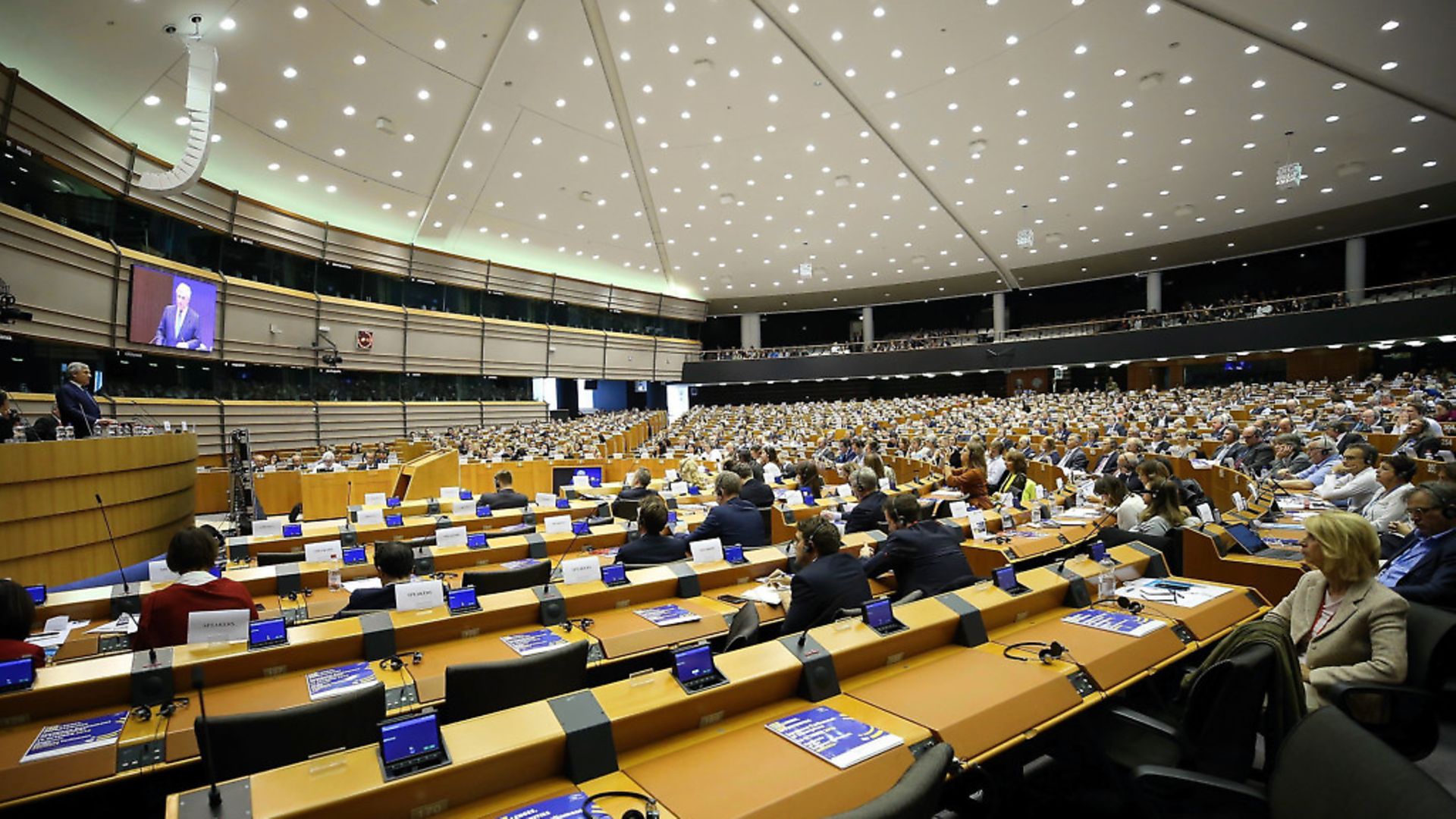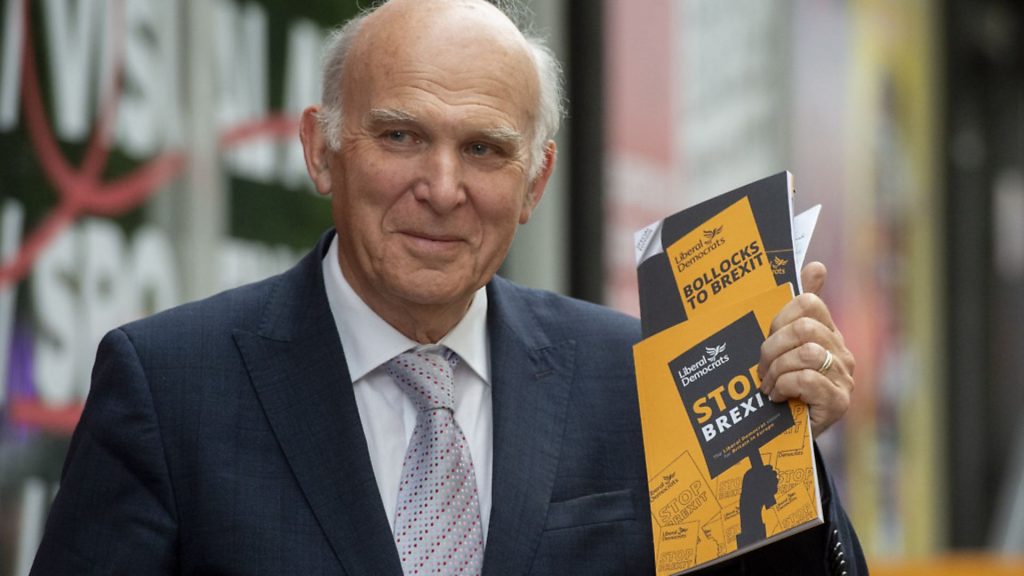
The European elections present an ideal opportunity to make a positive case for remaining in the EU, says BARNABY TOWNS. We must seize it.

With the European elections looming, and the third anniversary of the referendum following shortly thereafter, a timely new survey from Opinium reveals that more than half the public believe it would have been better not to have had the 2016 vote at all. Tellingly, this includes three-quarters of Labour voters and half of Tory supporters, presenting an opportunity for pro-Europeans to step up where 2016’s Remain campaign narrowly failed.
Failure to make the case for Europe for two generations since the first tentative steps toward European unity, in the wake of war, is central to today’s troubles. The foolish decision to hold the referendum, now recognised as such by a majority of the public, created an opening for a populist push after a decade of frozen living standards. Countering it was a Remain campaign that inherited this generational communication failure, struggled to gain traction and turned instead to negative campaigning.
When the national party duopoly backed the European project – Tories from 1961 to 2016; Labour from 1975 to 1981, and again from 1987 to 2016 – the political class rarely wholeheartedly endorsed the idea, preferring to emphasise various opt-outs rather than the more significant opt-ins.
The Brexit crisis created a ticking clock such that pro-Europeans need to urgently make these long-neglected arguments. Calmed by polling showing Remain in the majority, Europhile politicians are increasingly prepared to address these issues, rather than merely demanding a People’s Vote. But there is a mountain to be climbed. Only about half of voters see Liberal Democrats and Greens as anti-Brexit, and just 38% do so for those new kids on the block, Change UK – less than the 42% who so view Jeremy Corbyn’s Labour Party – with 13% claiming they are pro-Brexit, YouGov research finds.
The post-war generation argued for unity out of the ashes of war, and the sustained, peaceful cooperation of 28 democracies is a significant achievement. This family of nations – created out of Mediterranean dictatorships, Soviet-dominated Eastern Europe and formerly warring Balkan nations, which turned troubled past relationships between France and Germany or the UK and Ireland into new partnerships in peace – matters but there is more.
Economically, the pro-Europe side of the debate exerts some effort, but rarely rises above ‘Project Fear’. A 9.3% cut to GDP over 15 years from a no-deal Brexit, or 6.7% reduction from a Canada-style agreement, or 3.9% downsizing from the government’s hard Brexit plan on Bank of England and Office of National Statistics data would be catastrophic. But the half of UK trade that is with the EU, and millions of jobs and billions of investment that depend upon this, especially for the 80% of the UK’s economy that is services – 92% in London – left in the cold by those three Brexit options, is communicated far less frequently.
Likewise, the extra borrowing Brexit requires – £81 billion each year by 2033-34 if trading on WTO rules or £17bn annually for ‘Common Market 2.0’ – underscores how membership of the lucrative single market provides supports public services and the social safety net.
In this age of globalisation, Europe is needed as an equal and counterweight to emerging Chinese economic strength that is combined with lack of respect for human rights, democracy and the rule of law; and an America which increasingly forsakes multilateralism for nationalism. Being rule-makers through common endeavour only is possible by strength in numbers, as represented by Europe’s half-billion person free trade zone and one-quarter share of the world’s economy.
This power to harness global trade’s benefits, while possessing the leverage to mitigate its disruptive impacts, is critical. Europe’s internal market delivers lower prices, higher quality and more economic opportunity with environmental, consumer and social protections. Brexiteer 19th and 20th century alternative economic models – retro nationalism, or go-it-alone old-fashioned Victorian capitalism, or socialism in one country – are extremely limited by comparison.
Shared resources enable unique transnational programs to flourish, ranging from the idealistic through the practical to the mundane. Reciprocal rights to live, learn and love, support budding entrepreneurs and highly-skilled employees – from knowledge-economy workers to health and care professionals – and retirees. The Erasmus programme strengthens cultural ties, while enriching education for millions of students; the European health insurance card extends healthcare across 28 nations; regional economic development funds are invested in post-industrial communities; paid employment rights, small business start-up finance and scientific research and innovation are supplemented. Consumer-friendly visa-free travel and mutually-recognised mobile roaming charges also merit mention.
As we head to the polls, Europe’s achievements deserve to be counted, celebrated and communicated.









